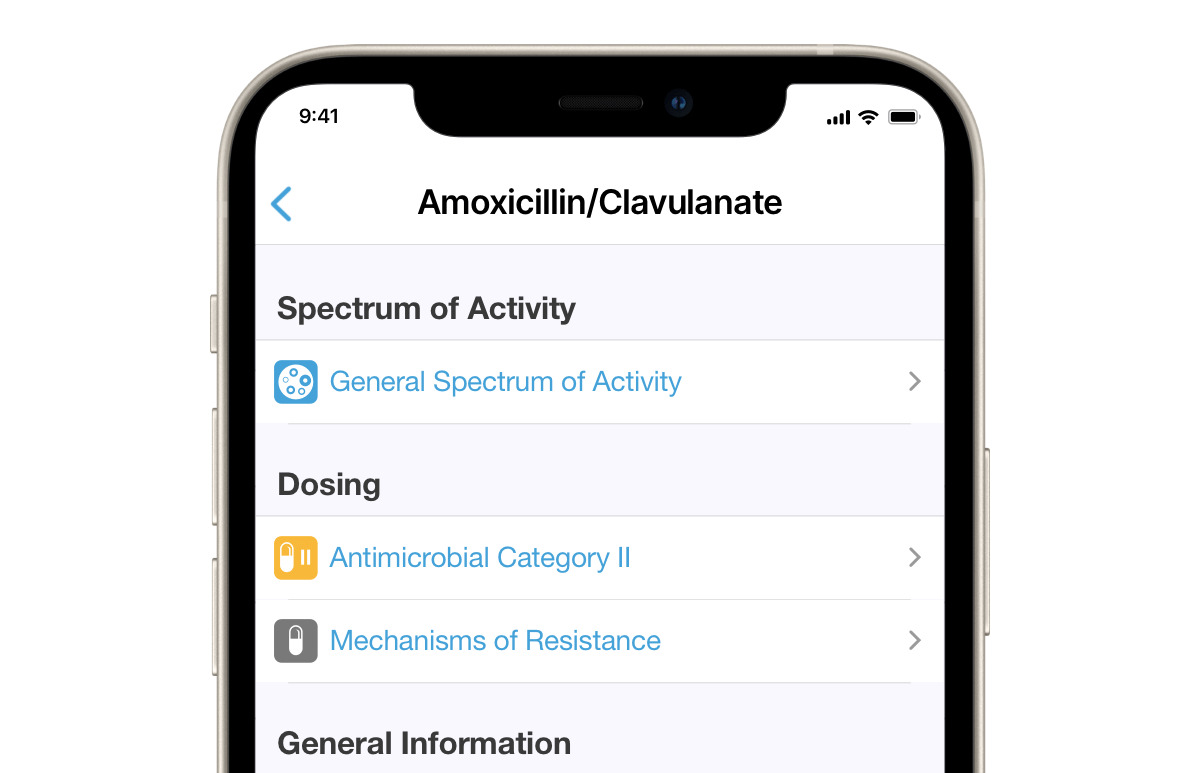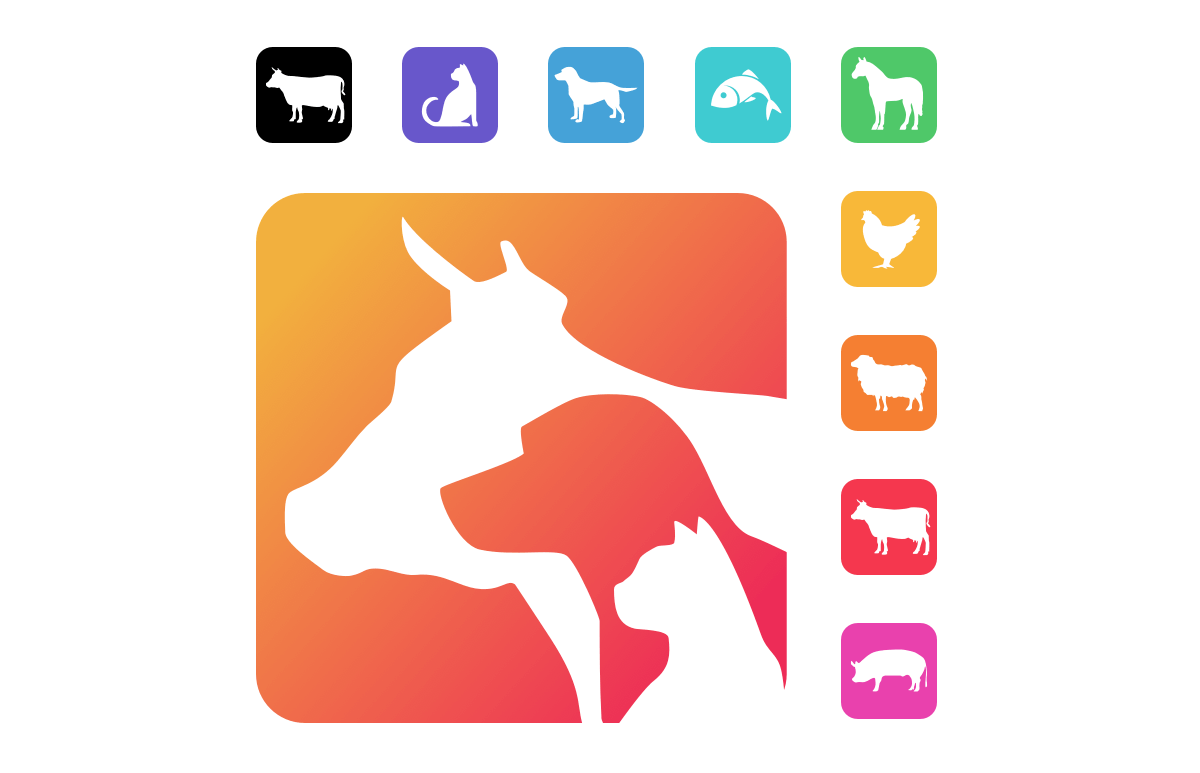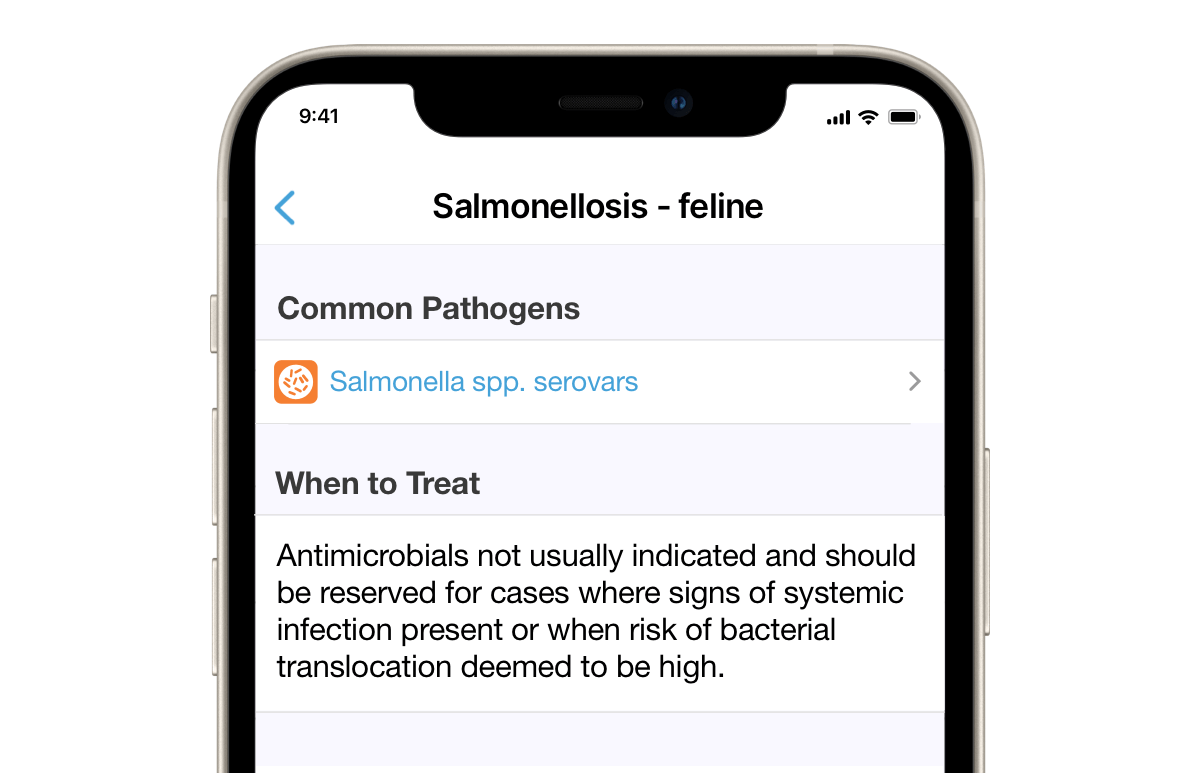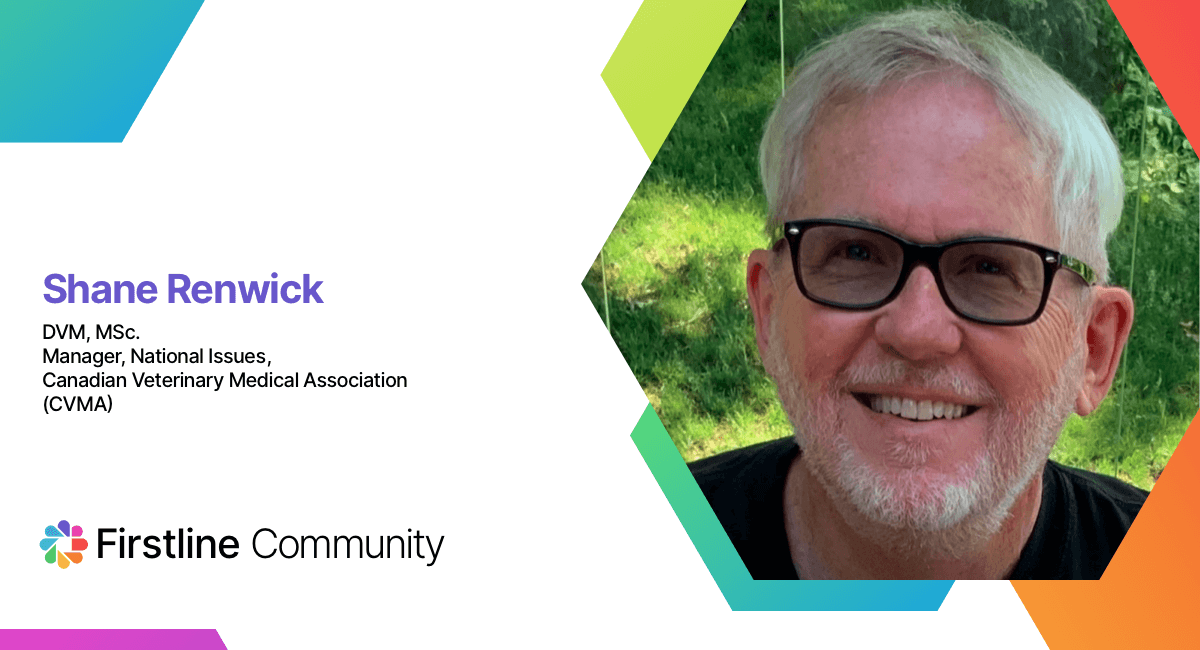The One Health initiative is an approach that recognizes that the health of people is closely connected to the health of animals and our shared environment. To combat antimicrobial resistance, we collectively need to be good stewards of antimicrobials for both human and animal use. Firstline is excited to partner with the Canadian Veterinary Medical Association (CVMA) in our first of several animal health initiatives offering hospital-grade tools to help veterinarians make better prescribing choices. We recently spoke with Dr. Shane Renwick to highlight more about this project.
Tell us about your role at the CVMA.
Dr. Renwick: I’m a former veterinary practitioner and federal public servant and am currently Manager of National Issues for CVMA. I’m supported by our CVMA National Issues Committee that’s comprised of volunteer veterinarians and veterinary technicians with a range of professional expertise.
What are some of the key components of the CVMA’s stewardship program?
Dr. Renwick: The CVMA has advocated for decades for judicious use and tighter controls on the use of antimicrobials in animals. The CVMA developed and distributed Prudent Use Guidelines for Antimicrobials in 2008. These were updated and upgraded to an online Guidelines in 2018 covering a wider range of species and were made available to Canadian veterinarians on the CVMA website. Thanks to support from CVMA members, veterinary subject matter experts and funding from the Canadian Food Inspection Agency (CFIA) and the AAFC Agri-Assurance program, the CVMA was able in 2019 to launch the Stewardship of Antimicrobials for Veterinarians Initiative focused on prescription data collection and support for decision making on antimicrobial use.

What similarities do animal health guidelines have to human health guidelines? What are some of the unique differences to animal health guidelines?
Dr. Renwick: Many of the antimicrobials used in animals are identical or similar to those used in humans. All medically-important antimicrobials used in humans and animals are prescription-only. Guidelines for both humans and animals need to incorporate accurate information on pathogens of concern, treatment options, dosage, and duration of treatment. With food producing animals, drug withdrawal times must be taken into consideration. In addition, extra-label drug use is sometimes necessary in animals since the most appropriate antimicrobial is sometimes not registered for use in certain species. In such cases, drug withdrawal times must be well understood by the veterinary practitioner.

What are your goals for this new intervention with Firstline? How do you think CVMA providers will react to this new tool for them to use at the point of care?
Dr. Renwick: CVMA wants to support informed decision-making on antimicrobial prescribing by veterinarians at point of care. For veterinarians this might mean writing a prescription in the clinic or on the farm. Having an accessible tool such as Firstline that can provide up to date, reliable information on a mobile device is of a great deal of interest to veterinary practitioners.
What surprised you most when working on this project with Firstline?
Dr. Renwick: We were very impressed with the depth of knowledge and professionalism of the Firstline team and their dedication to working with us to address the challenges of presenting the CVMA Guidelines across the eight species groups of animals, each with their unique characteristics.
What are you most excited about, now that the guidelines are available?
Dr. Renwick: We are excited about the opportunity afforded by the Firstline app to initiate a national discussion on the appropriate use of antimicrobials in animals. The digital format allows for the content to be updated on an as-required basis, incorporating the latest policy changes or scientific innovations as identified by the veterinary community. Discussion platforms like Firstline Community can prompt discussions and debate that allows the resource to reflect the most recent trends and advancements in the field.
We are excited to hear feedback from users and look forward to continually improving the content and functionality of guidelines over the coming months.

Why is the AMR One Health Consortium so important to human and animal health providers?
Dr. Renwick: AMR remains one of the most challenging global health threats we have ever faced and we can only reduce risk by working together across human and animal health domains. Initiatives like the AMR One Health Consortium help to stimulate creative, transdisciplinary, multisectoral approaches such as the current collaboration.
Why was it important to launch this project in conjunction with World Antimicrobial Awareness Week?
Dr. Renwick: The World Health Organization and participating countries such as Canada are able to bring focus to the importance of antimicrobial stewardship during World Antimicrobial Awareness Week so there is no better time to promote our new initiative.
What else should we know about this initiative?
Dr. Renwick: The initiative strives for continuous improvement by promoting the active participation of users and respecting their commentary. Feedback links are provided throughout the app to allow for rapid response to user queries or comments, and we encourage the veterinary community to use them.
More About the Project: The CVMA, the University of Calgary, and Firstline Clinical™ are excited to announce the upcoming launch of the CVMA guidelines on Firstline, a decision support tool that will help Canadian veterinarians make the best, evidence-based prescribing choices.
Firstline delivers the updated CVMA’s treatment guidelines to Canadian veterinarians at the point of care. Recommended, species-specific treatment options incorporate the latest stewardship guidance for improving optimal selection of antibiotics within a One Health lens with clear, visual cues.
Components of this project were supported by the AMR - One Health Consortium, funded by the Major Innovation Fund program of the Ministry of Jobs, Economy and Innovation (JEI), Government of Alberta, and with partially matched funding from the Canadian Institutes of Health Research (CIHR). Veterinary subject matter expertise in support of this Firstline initiative was provided by the Stewardship of Antimicrobials for Veterinarians Initiative (SAVI), led by the Canadian Veterinary Medical Association (CVMA) and funded in part by Agriculture and Agri-Food Canada (AAFC) via the Canadian Agricultural Partnership (CAP) programme and the Canadian Food Inspection Agency (CFIA)
The guidelines will launch on Firstline’s mobile and web application in November 2021, and will be accessible to all CVMA members and vet students across Canada.
